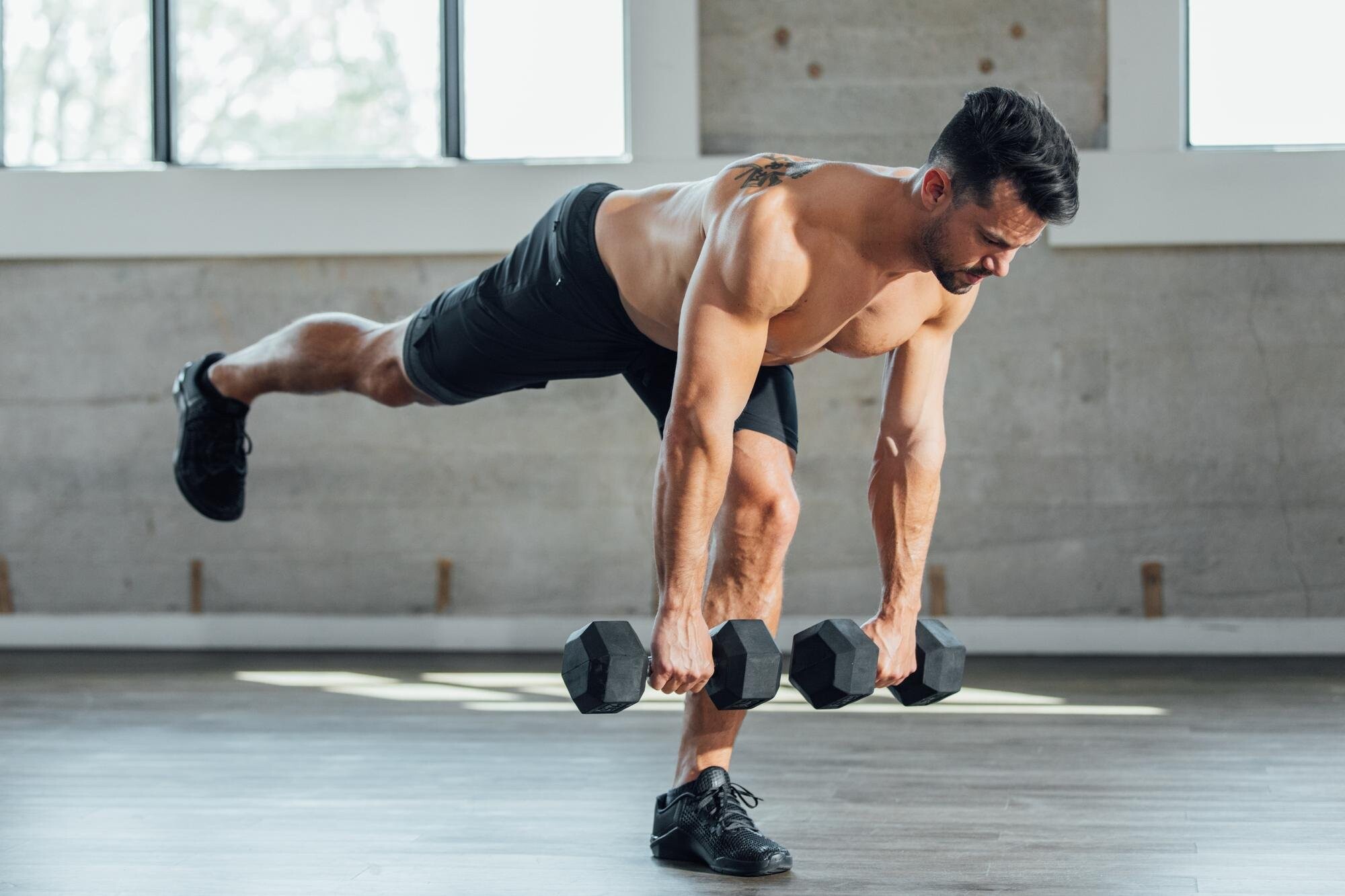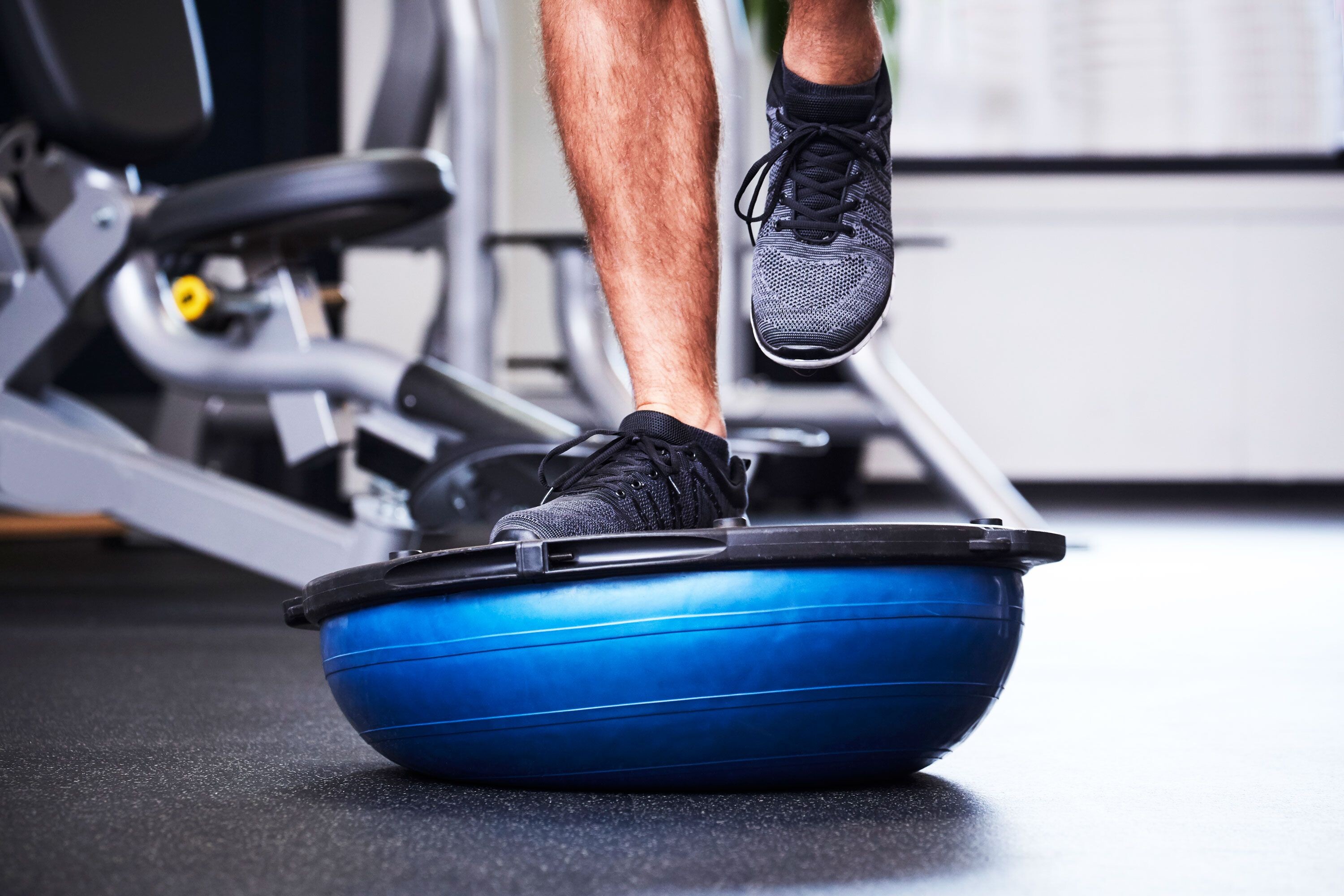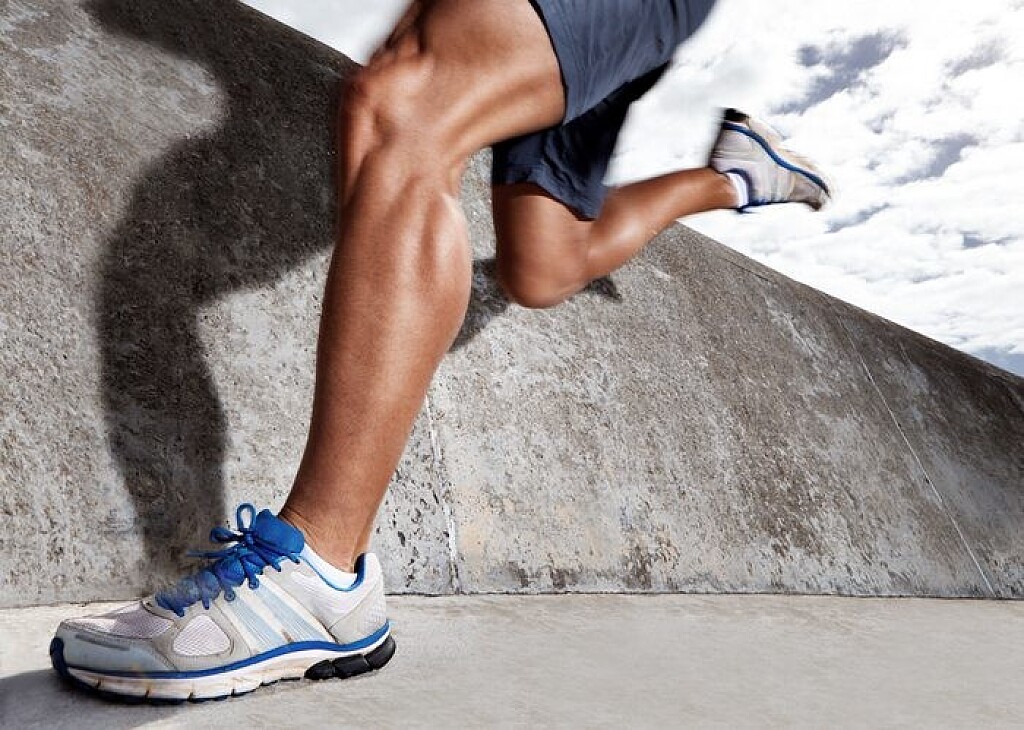Running News Daily
Running News Daily is edited by Bob Anderson. Send your news items to bob@mybestruns.com Advertising opportunities available. Train the Kenyan Way at KATA Kenya and Portugal owned and operated by Bob Anderson. Be sure to catch our movie A Long Run the movie KATA Running Camps and KATA Potato Farms - 31 now open in Kenya! https://kata.ke/
Index to Daily Posts · Sign Up For Updates · Run The World Feed
Five exercises to amplify ankle strength and stability
Adding a few ankle exercises into your routine can help you stay strong and steady during the final tough miles of any long training run or race, whether you’re tackling roads or trails. You’ll also avoid getting sidelined by a strained ankle or repetitive stress injury.
A runner’s feet endure a continuous impact that, over time, can take a toll on the network of tendons and ligaments in the ankles. Toward the end of a long run or hard training session, fatigue and low glycogen levels cause your feet’s responsiveness of to changes in terrain to diminish, affecting the swift micro-movements crucial for maintaining balance. This decline in agility places an increasing burden on your ankles, subjecting them to prolonged stretching and strain.

The result is not only discomfort, but disarray in your proprioceptive system—the internal compass that guides your body’s position and movement—causing soreness, slips and ankle rolls. These exercises not only fortify your ankles but also act as a safeguard against the pitfalls of a fatigued and under-prepared lower extremity.
1.- Hop and hold

Stand with your feet hip-width apart, maintaining a straight and upright posture. Engage your core to ensure stability throughout the exercise.
Lift one foot slightly off the ground, balancing on the other.
With the grounded foot, perform a small, controlled hop. Focus on using the muscles around the ankle to control the movement. Upon landing, immediately shift your focus to holding the position. Balance on the foot that landed, ensuring that your ankle remains stable. Imagine rooting your foot into the ground.
Try to hold the position for 10-15 seconds, before switching to the other leg. Perform two to three sets of 10-15 reps on each foot, gradually increasing the duration of the hold as your ankle strength improves.
Modify this one if you find it challenging at first: you can hold onto a stable surface (like a chair or railing) for support until you build confidence and strength.
2.- Lateral shuffle
This exercise enhances ankle stability by engaging lateral movement and weight transfer.
Stand with feet hip-width apart, maintaining a slight bend in the knees.
Take a lateral step to one side, followed by the other foot. Move with controlled and deliberate steps.
Keep a low and athletic stance throughout the shuffle with your core engaged.
Try four x 10 steps to the left, then to the right.
3.- One-legged medicine ball toss
This exercise enhances ankle strength, stability and proprioception.
Stand on one leg with a slight bend in the knee for stability.
Hold a medicine ball with both hands, positioned in front of your chest.
While balancing on one leg, toss the medicine ball in the air and catch it. Focus on stability during the tossing and catching phases.
After completing a set, switch to the other leg. Try three sets of 10 tosses to start.
This exercise can be done with a cement wall, bouncing the ball gently off the wall with each toss and from both forward and sideways directions—it’s also a fun exercise to do with a partner.
4.- Eccentric calf raises
Try doing these on a step, lowering let your heels a few centimetres below the step with each one, to get a slightly deeper stretch.
Stand with feet hip-width apart and rise onto your tiptoes. Lower heels to a slow count to five.
Let your heels touch the ground, then immediately rise onto your toes again.
The key phase in this exercise is the eccentric one (the lowering part) when the tendon and muscles lengthen to control the downward path of your body.
5.- Single-leg Romanian deadlift
The single-leg Romanian deadlift targets multiple areas for runners—it not only strengthens the hamstrings and glutes but also enhances balance and stability, crucial for maintaining that strong foundation during tired miles.
Begin standing on one leg, with a slight bend in the knee. Hinge at your hips, pushing them backward while simultaneously lowering your upper body towards the ground. Keep your back straight and your chest lifted.
As you hinge forward, extend your non-standing leg straight behind you. Work to keep your extended leg, hip, and torso in a straight line, forming a “T” shape with your body.
Reach your hands towards the ground, going as low as your flexibility allows. Engage your hamstrings and glutes to return to the upright position, bring your extended leg back to the starting position, and repeat.
Aim for three sets of 10-12 repetitions on each leg.
These exercises collectively target ankle strength, stability and mobility, providing a comprehensive approach to help you maintain an unshakeable foundation. As with any exercise, start with a light load, or use your body weight and gradually increase as your strength and technique improve.
by Keeley Milne
Login to leave a comment




